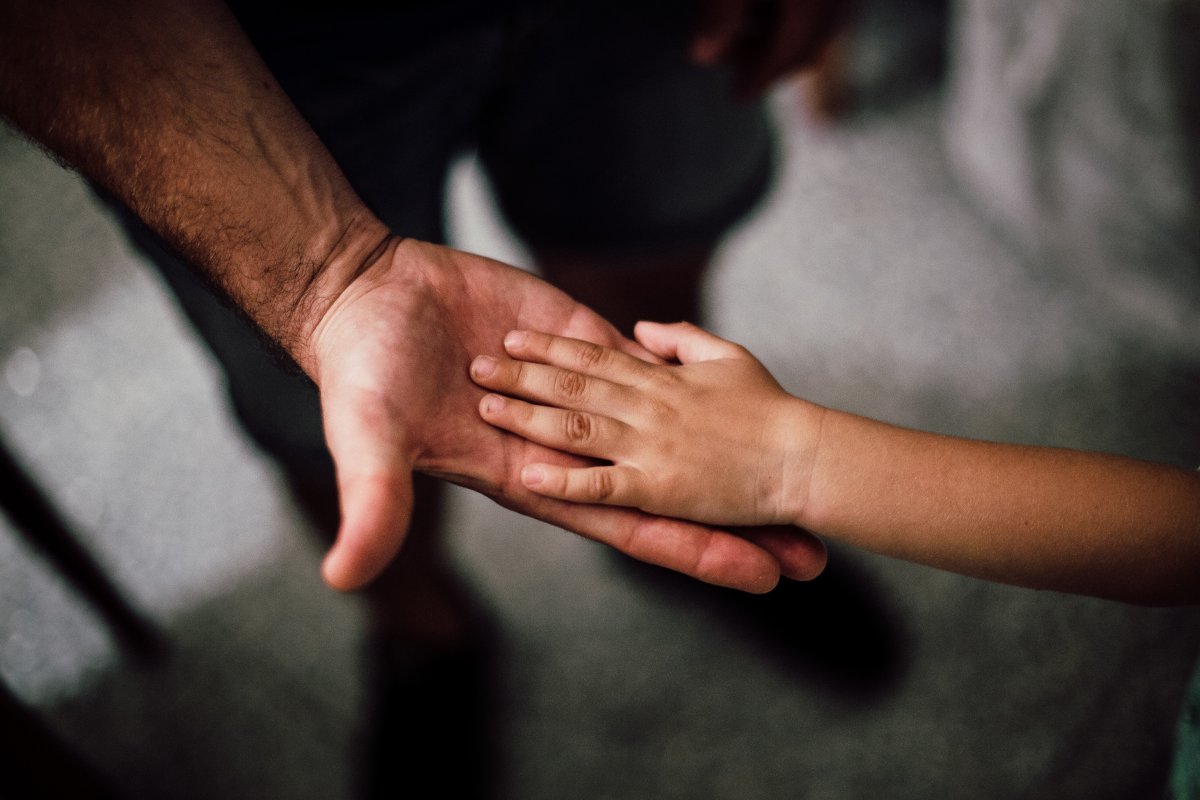It may be no surprise that separating children from their families can be a traumatic experience, even if they’re leaving unsafe home environments. Children and youth can go into foster households confused, perhaps fearful of their new surroundings and unsure about their new caregivers. In some situations, children are raised in foster families with different racial and cultural backgrounds, making them feel further alienated.

For a long time, foster care was frequently used as a primary method of keeping children and youth safe from crisis situations. Through philanthropic and community partnerships, Children’s Aid Society of Toronto created an alternative program, Journey to Zero, which aims to keep children safe and not place them in foster care.
Journey to Zero was launched in 2019 and is a partnership between the Children’s Aid Society of Toronto, the Children’s Aid Foundation of Canada and several philanthropic organizations. This prevention-focused program helps support and engage families in protecting their own children so they can remain in safe environments and with people they’re familiar with. The program provides intensive at-home support to families and explores their circle of relatives and community for assistance, among other interventions.
Ontario’s Ministry of Children, Community and Social Services also supports the program and will be reviewing its outcomes to assess whether this kind of work should be replicated across the province.
The Journey to Zero program has served more than 200 families in need to date, and because of the interventions, fewer than 10 per cent of the children involved have needed to be placed into the care of the Children’s Aid Society of Toronto.
“Foster care and group care placements should be last-resort options, because we have significant data that tells us that children who grow up in care have poor outcomes,” says Prajapat, who lists education, employment, mental health, addictions and human trafficking as some variables that can affect the outcomes. “Children do best when they’re with their families and their communities — but the notion of family and community needs to be broadened,” he says.
READ MORE: Ontario plans to redesign child welfare system to focus on prevention, early intervention
In January 2020, the Children’s Aid Society of Toronto launched a second family-centred intervention program. The goal of the African, Caribbean, Black-Family Group Conferencing (ACB-FGC) project, a partnership between the Children’s Aid Society of Toronto, Black Creek Community Health Centre and the University of Toronto, is to continue to address the overrepresentation of African, Caribbean and Black children in the child welfare system.
ACB-FGC project coordinators identify as African, Caribbean and Black and have been trained to identify and speak to anti-Black racism as well as offer an understanding of the child welfare system.
Since the project’s inception, ACB-FGC interventions have been well received by families, who have reported feeling supported and that the process gave them a voice in working toward family reunification.
“I think that we know in our hearts that systems can’t raise children well,” Prajapat says, adding that programs like Journey to Zero and ACB-FGC, which invest in struggling families, provide children with a better chance at success and well-being over the long term.
READ MORE: ‘I found hope within my culture’: Former Winnipeg foster child shares difficult journey
To learn more about Journey to Zero, ACB-FGC and other partnerships and programs that aim to keep children and youth in safe family and community environments, visit the Children’s Aid Society of Toronto.

